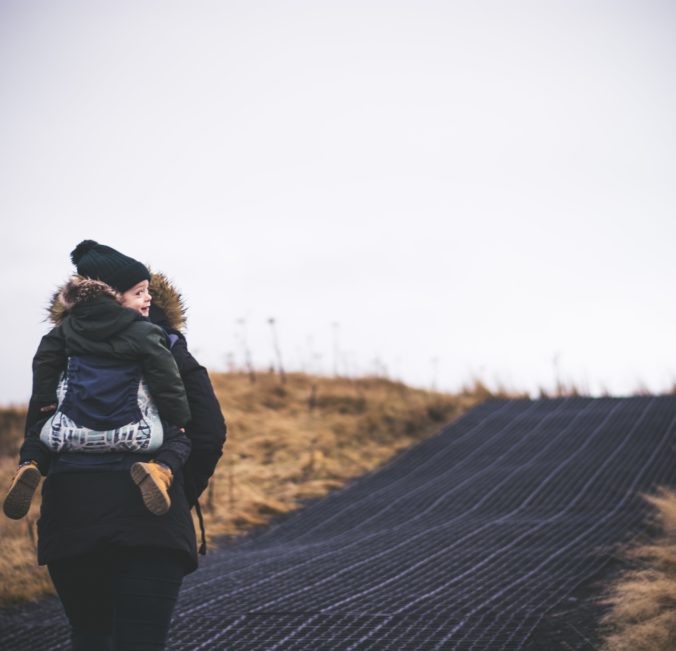As the 2019-2020 academic calendar wraps up and summer vacation kicks off, many parents are reflecting on how their kids handled the transition to online learning, envisioning what the coming school year will look like, and trying to figure out how to keep their kids engaged and busy over break since the majority of youth camps and leagues are still closed.
Brainly, the world’s largest online learning community, has analyzed recent Google Trends data and surveyed 1,736 U.S. parents of school-age children to gain a deeper understanding of their overarching sentiments on these topics.
Here are the emerging trends in kids’ summer activities and post-COVID schooling:
1. VIRTUAL SUMMER CAMPS. According to Google Trends data, people are searching for virtual summer camps 7.3 times more than this time last year. The top five states where most people are searching for “virtual kids’ summer camps” are: 1. Tennessee 2. Maryland 3. Michigan 4. Florida 5. Ohio
According to Brainly’s survey, 71% of parents said they were considering virtual summer camps for their kids, yet 41% said they were skeptical about whether or not they thought the virtual summer camp would be able to actively engage and entertain their kids.
2. FREE RANGE ACTIVITIES. About 82% of survey respondents are actively searching for alternative activities for their kids to do this summer. Another 63% of those said they prefer for the activities to be educational in order to help make up for lost learning time at the end of the school year.
“Parents are going to have to get creative this summer to ensure their kids are staying busy, having fun, and expanding their minds in the process. While virtual summer camps, online learning communities, and educational computer games are all great, it’s still important for kids not to spend too much time in front of screens,” says Eric Oldfield, Chief Business Officer of Brainly and father of two school-age daughters in New York City.
Google Trends data also confirms that people are searching for summer activities for kids 3.4 times more than this time last year.
3. CONCERNS OVER REOPENING. Nearly 69% of parents said they are worried about sending their children to school when schools reopen, and 78% of moms and dads said they still would not allow their kids to go to summer camps even if they reopen towards the end of the break.
“Much like how our nation’s schools stepped up security measures in response to 9/11, we expect to see public health and sanitization measures to be increased exponentially during the 2020-2021 school year. Many of the new norms we’ve experienced during the pandemic– hand sanitizer bottles on every desk, routine cleanings of public spaces between uses, and even face masks– may carry over into the coming school year,” says Oldfield.
4. INCREASED INTEREST IN HOMESCHOOLING. About 17% of parents said they would consider homeschooling next year if a coronavirus vaccine has not been created yet. Google Trends data also suggests that parents are increasingly interested in homeschooling, with searches for homeschooling being 2.7 times higher now than this time last year.
5. LOTS OF ROOM TO IMPROVE ONLINE LEARNING. Nationwide, 23% of parents do not think their children handled the transition to online learning well. Prior to the quarantine, 68% of moms and dads of school-age children said they were moderately pleased or very pleased with the education their children were receiving.
“These survey results are proof that the transition to online learning has changed nearly every aspect of families’ lives, not just for students but also for parents. This summer is going to be very different than any other summer in recent history, but there are a number of activities that encourage learning and creativity at each grade level and, most importantly, are fun for your child,” says Oldfield.
Summer is a time for your child to relax and recharge, but it’s important to make sure he or she is keeping an active mind. A few of the educational activities kids can do this summer include geocaching, scavenger hunts, making a time capsule, building a garden and learning how to compost, setting up a lemonade stand and treating it like an actual business to learn financial literacy, sidewalk chalk word games, and more.
